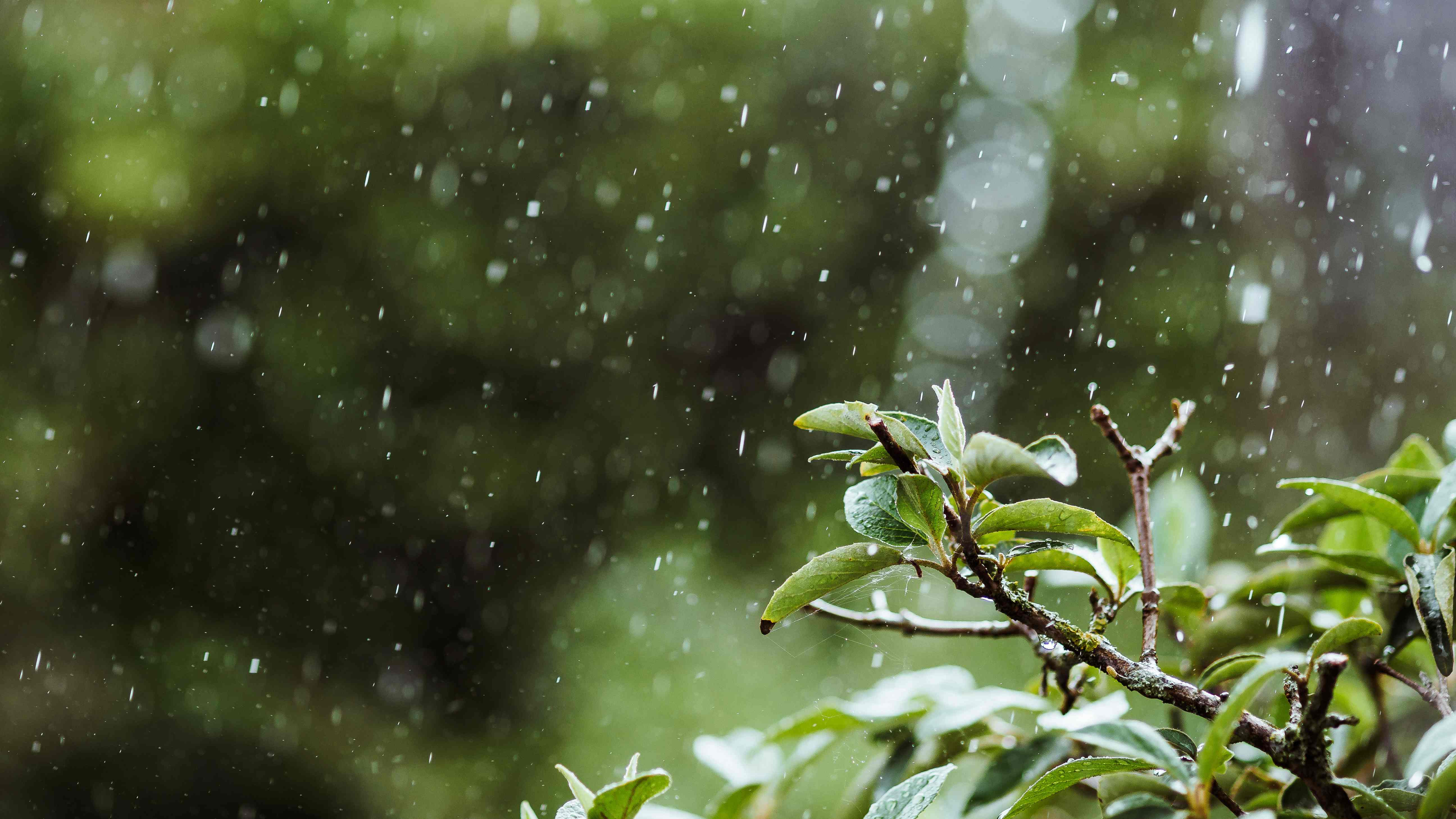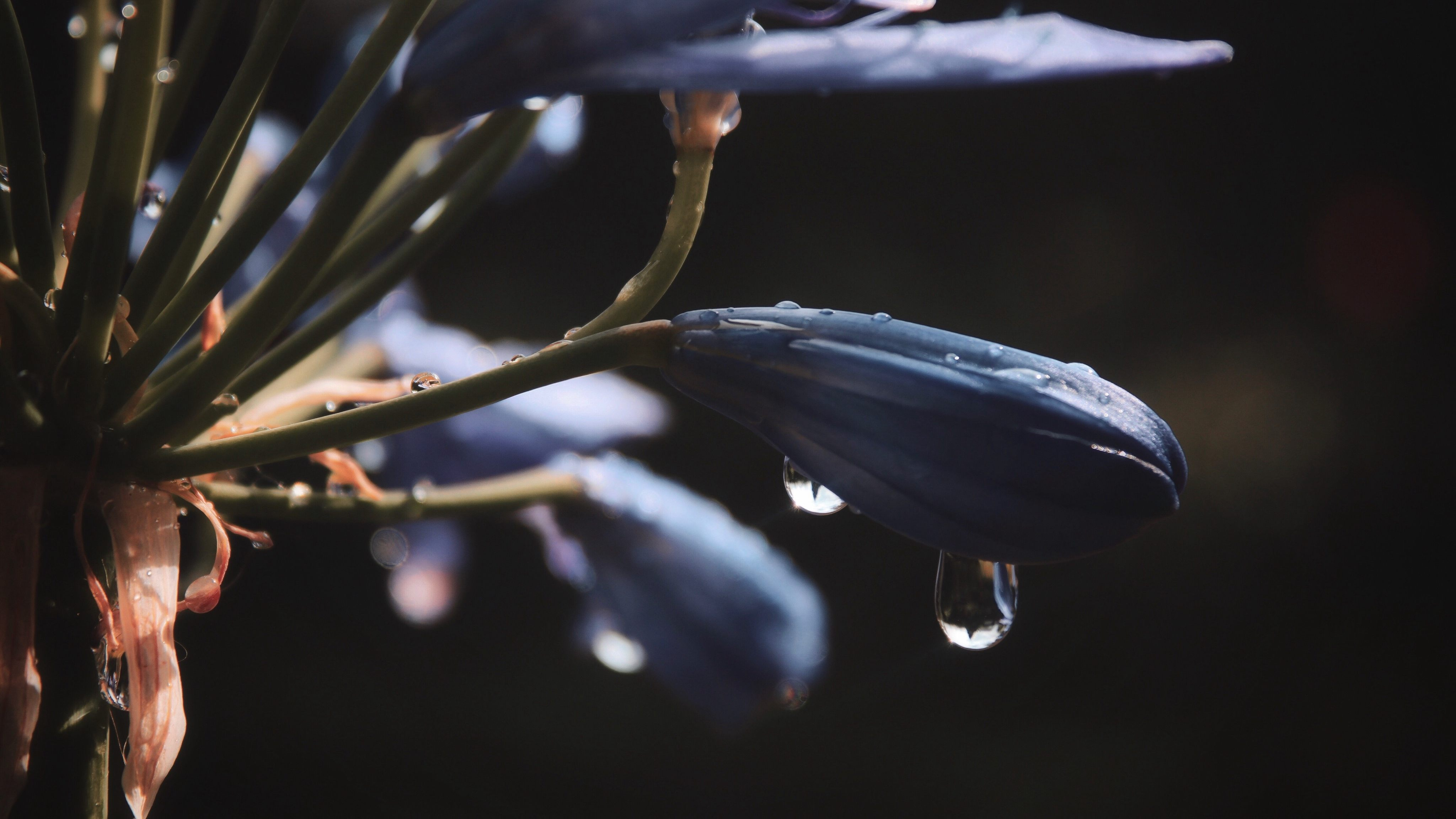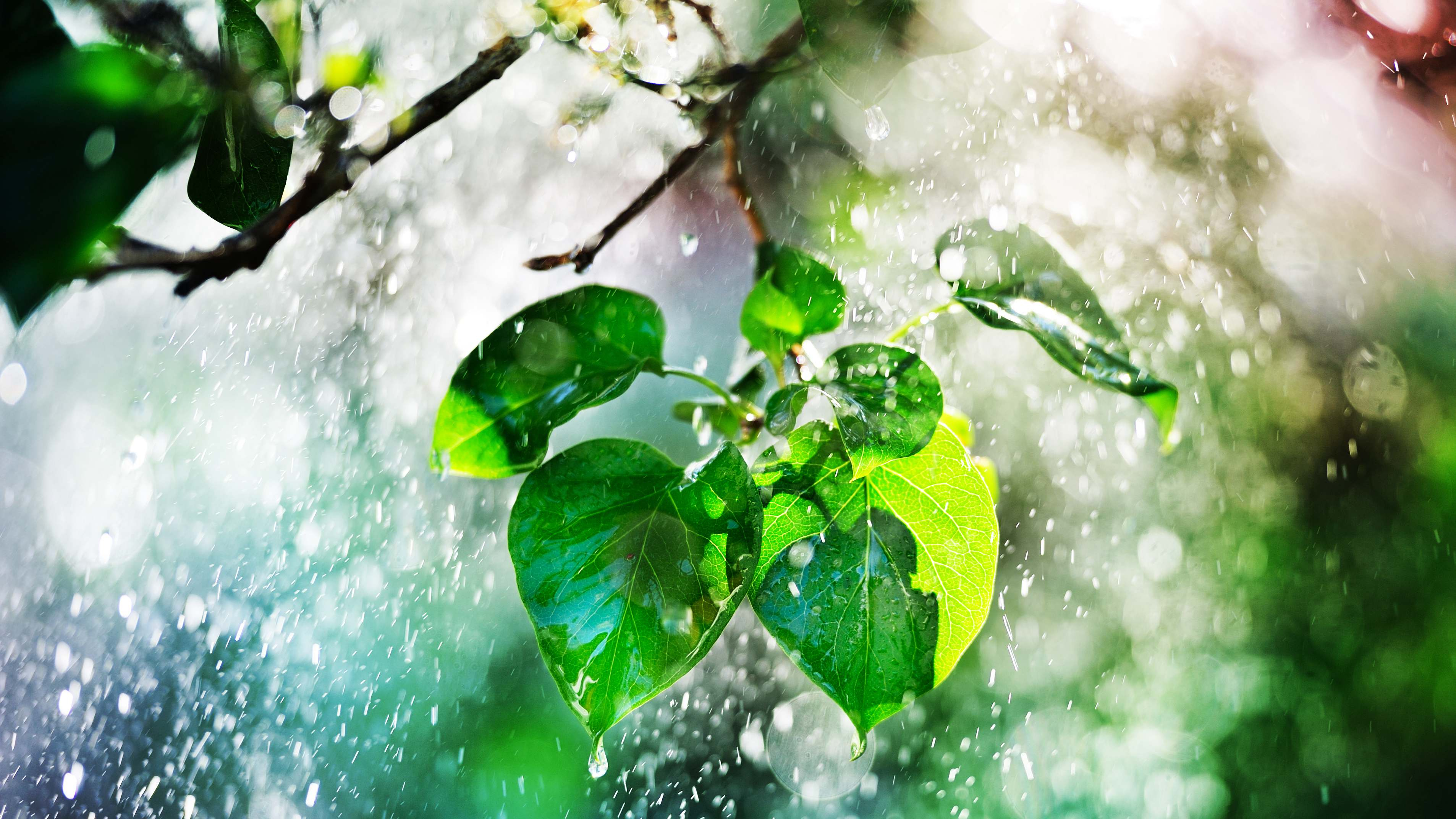We all know plants need water to survive, but do you know plants actually feel panic when it rains? A new study published in the Proceedings of the National Academy of Sciences (PNAS) shows that plants have a reaction similar to panic when it rains and will activate chemical signals to defend themselves.

Plants have a reaction similar to panic when it rains. /VCG Photo
Plants have a reaction similar to panic when it rains. /VCG Photo
It might be hard to believe, but plants consider rain dangerous because rain is the main reason for spreading diseases among plants. "When a raindrop splashes across a leaf, tiny droplets of water ricochet in all directions. These droplets can contain bacteria, viruses, or fungal spores. A single droplet can spread these up to 10 metres to surrounding plants," said Harvey Millar. To protect themselves, plants will communicate with each other and strengthen their immune system to fight against the virus.

Each tiny droplet could carry thousands of bacteria, viruses, and chemicals that could make plants sick. /VCG Photo
Each tiny droplet could carry thousands of bacteria, viruses, and chemicals that could make plants sick. /VCG Photo
How plants defend themselves? In the study, scientists used water spray on plants and discovered a powerful protein Myc2 that activates a chain reaction. According to Professor Harvey Millar, one of the authors of the article, "When Myc2 is activated, thousands of genes spring into action preparing the plant's defenses." One of the chemicals will produce jasmonic acid, a hormone, which can send warning signals from leaf to leaf. As plants received the signal, they can prepare themselves to defend the virus and bacteria.
People always assume plants don't have feelings, however, this discovery indicates plants have a reaction that is close to one of panic.

Rain will trigger a chain reaction in plants to fight viruses. /VCG Photo
Rain will trigger a chain reaction in plants to fight viruses. /VCG Photo
(All images via VCG.)
(If you want to contribute and have specific expertise, please contact us at nature@cgtn.com.)